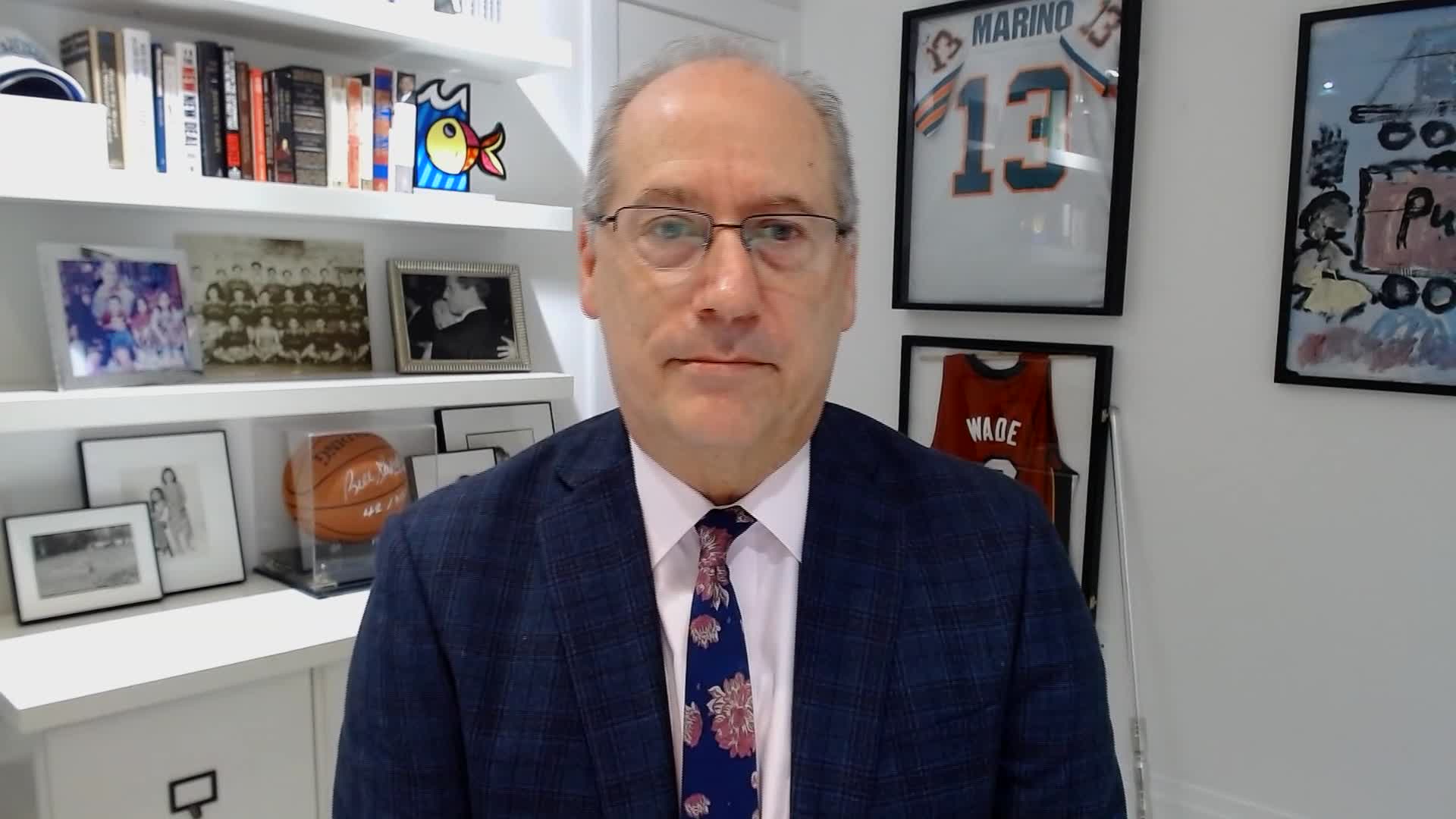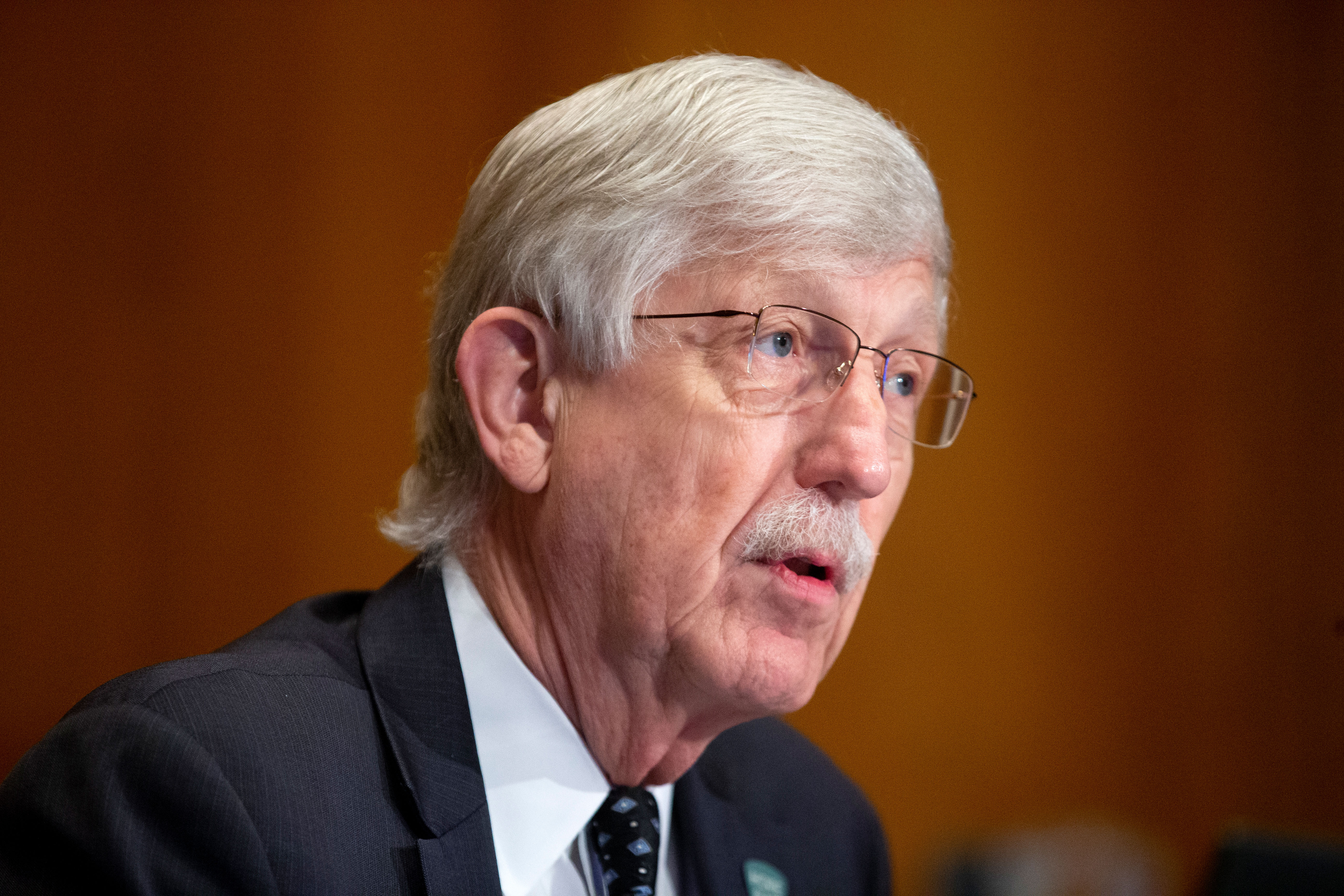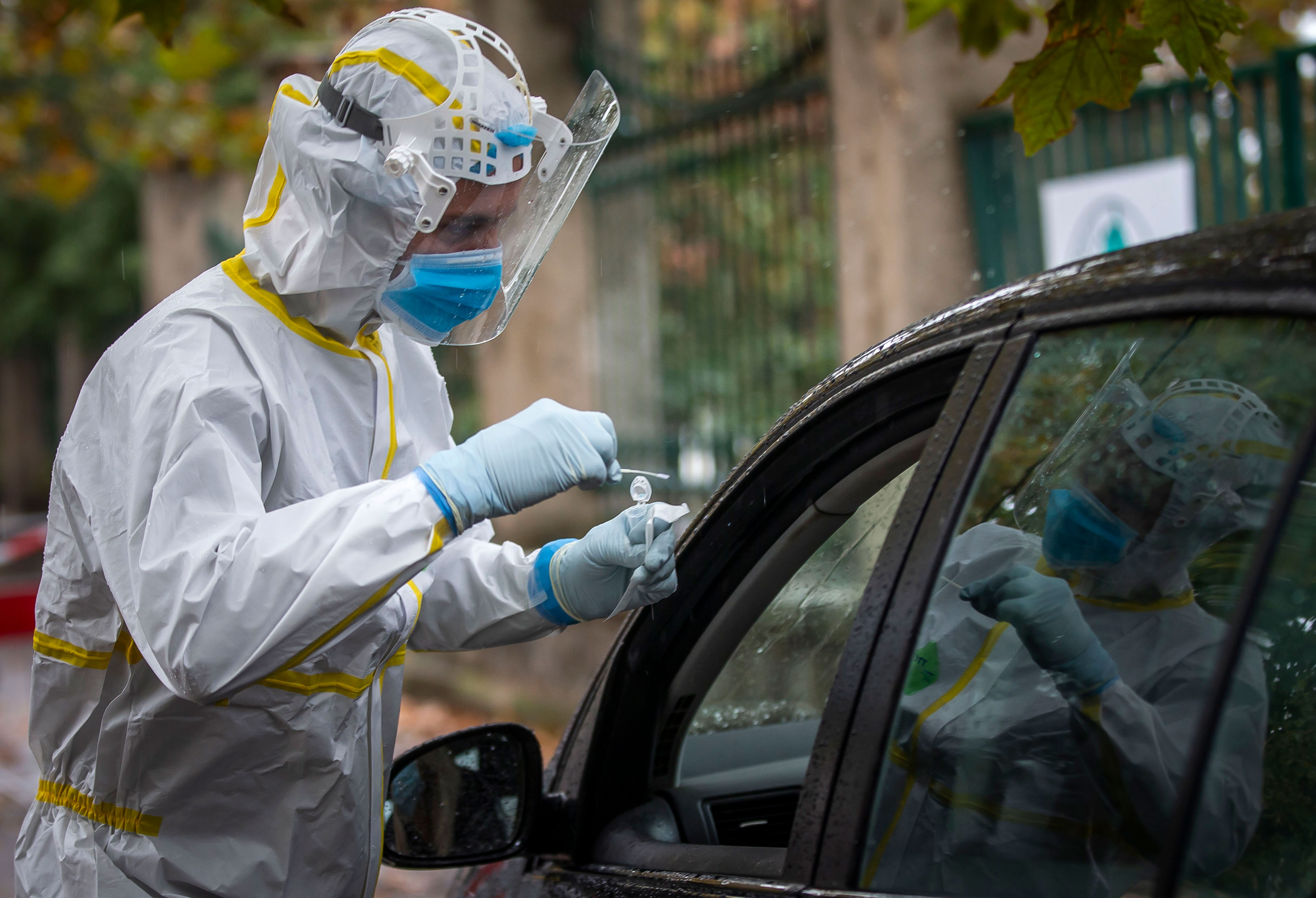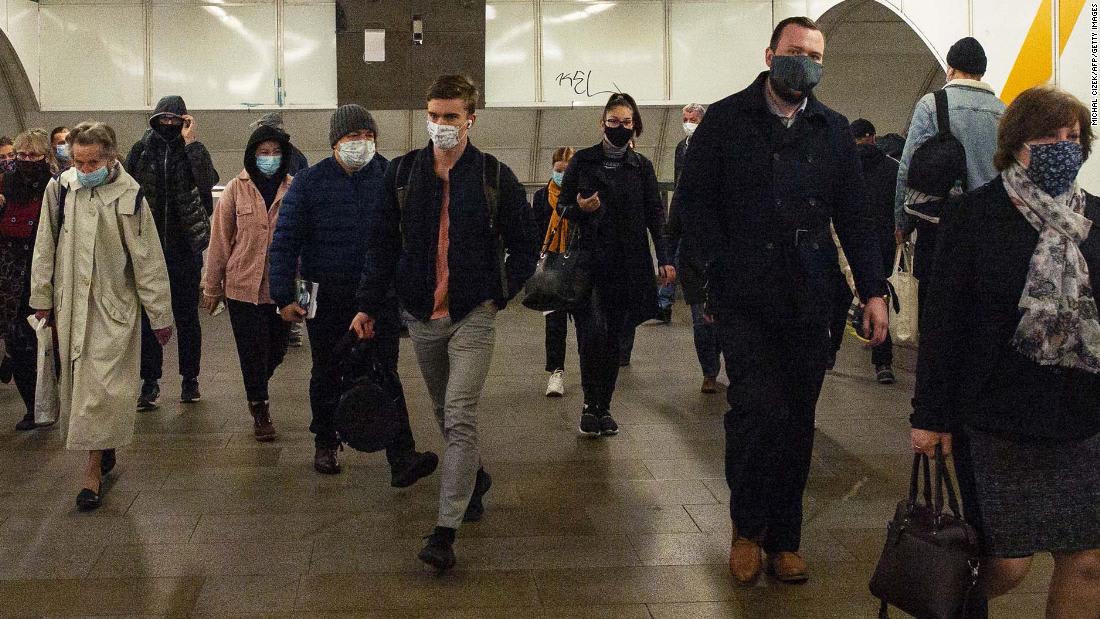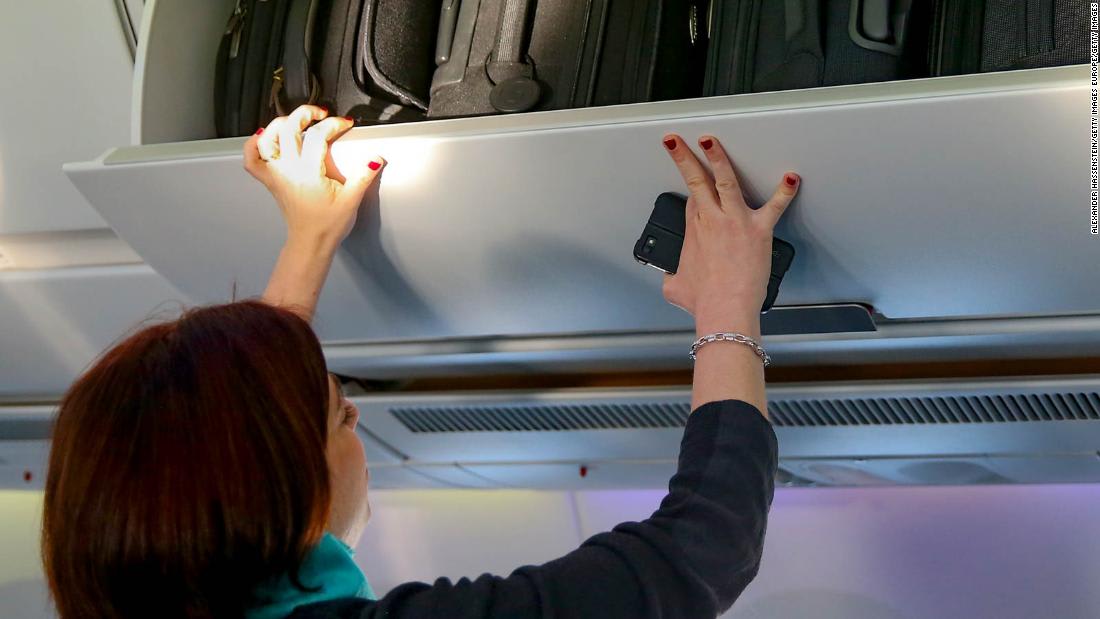A vaccine scientist warns that the next four to five months could be the worst of the coronavirus pandemic, as more than half of states report a rise in new infections.
“The key is now hanging on now for the next four or five months, where we're going to enter what may be the worst period during this epidemic. As bad as it's been, it's about to get worse,” Peter Hotez said on CNN’s “New Day.”
Hotez, the dean for the National School of Tropical Medicine at Baylor College of Medicine, recommends creating a “unit” with friends or family members for the next few months.
“We could be looking at a doubling of the number of deaths by the week after the inauguration. This is tough stuff. What I've been trying to explain to people is it will get better, but we're going to go through a terrible period,” he said.
Make sure you aren’t alone during this time, and consider having access to mental health counseling as well, he said.
“People are going to feel abandoned; they're going to feel on their own. This is going to be one of the darkest chapters in modern American history, and get ready for it, but just remember it will get better,” he said.
Watch:

